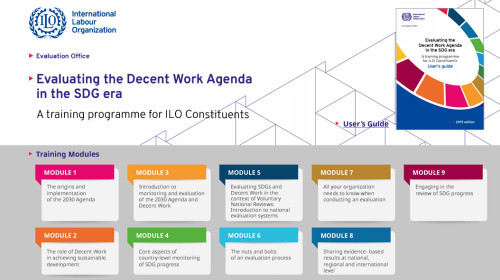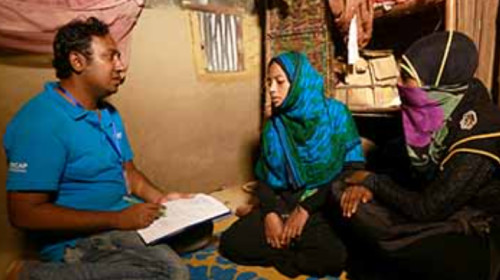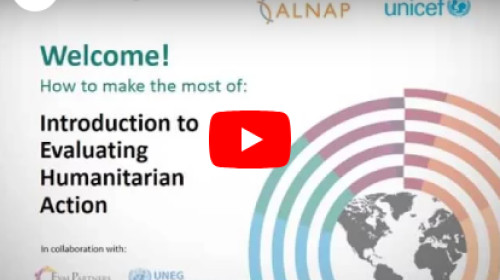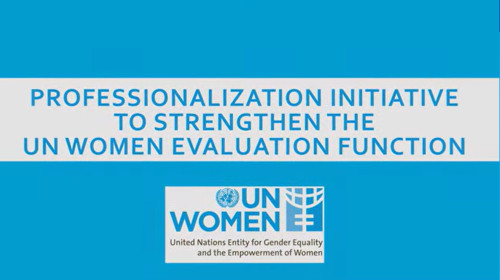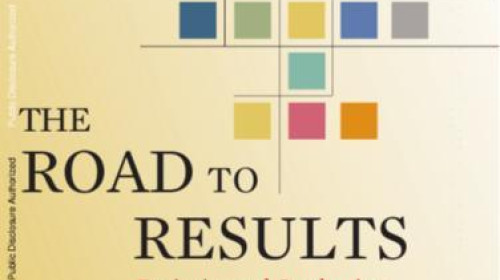Identifying effective policies is a process of trial and error, innovation and experimentation, success and failure. This course provides the basic scientific and statistical tools needed to identify whether a policy or program is generating impact. Organized into modules, the course covers topics ranging from the attribution problem to what is meant by statistical significance (margin of error) to the analysis of data generated by a randomized control trial. The course also helps answer practical questions related to impact evaluation, such as how large of a sample is needed and what can be done when compliance with an experimental design is imperfect or when data is missing for part of the sample.
This course was created collaboratively by Georgetown University and the World Bank's Strategic Impact Evaluation Fund with support from the Georgetown Center for New Designs in Learning and Scholarship, Georgetown University Initiative of Innovation, Development and Evaluation (gui2de), and The Open Learning Campus of the World Bank Group.
Learning Objectives
- Define impact evaluation and recognize its importance.
- Describe the importance of randomization and the problems that can arise in randomized controlled trials (RCTs).
- Identify statistical concepts and tools for program evaluation.
- Interpret the concept of regression and how it informs RCT results.
- Illustrate the balance between sample size and cost of trial.
- Explain the value and application of quasi experimental methods



